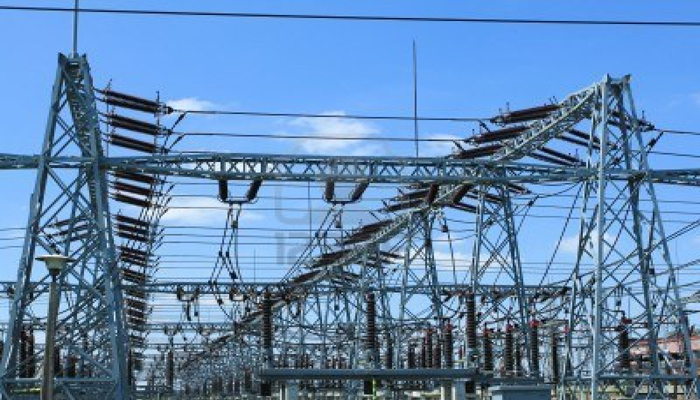- FG Gets Task Force to Prosecute Electricity Thieves
The Minister of Justice and Attorney General of the Federation, Abubakar Malami, has approved a special task force for the investigation and prosecution of electricity theft cases under the Electric Power Sector Reform Act, 2005.
The task force was inaugurated by the Director of Public Prosecutions of the Federation, Mr. Mohammed Umar, during a joint conference organised by the Abuja Electricity Distribution Company and the DPPF’s office at the Federal Ministry of Justice on Tuesday.
Members of the task force were drawn from the Nigeria Police Force, Nigeria Security and Civil Defence Corps and the DPPF’s office, and were charged to commence work immediately by arresting and prosecuting electricity thieves across the country.
Umar said the task force was a product of the collaboration between the Federal Ministry of Justice, AEDC, NPF and NSCDC, adding that the AGF had approved the team.
“I want to express my sincere appropriation to the AGF and minister of justice for giving the approval to set up this all important task force to deal with the menace of electricity theft, which has silently contributed immensely to the economic challenges that the Nigerian power sector has faced over time,” he said.
Umar told members of the team to “bear in mind that the overall objective of your mandate is to prevent electricity theft cases and recover lost revenue. As part of your mandate, you are to carry out intensive campaigns to create public awareness on the adverse effect of electricity theft on the Nigerian economy.”
The Managing Director/Chief Executive Officer, AEDC, Mr. Ernest Mupwaya, said the losses caused by electricity theft related offences had resulted in distortions of significant magnitude, such that power distribution companies were not able to properly account for the energy allocated to them.
“This speaks to the insufficient payments being received by (power) generators, Transmission Company of Nigeria, gas suppliers and other members of the electricity value chain. If this is not comprehensively addressed, it will continually pose significant threats to the transformation of the electricity industry in Nigeria,” he added.
…prepares road map for economic recovery plan
The Federal Government has commenced the preparation of the implementation strategies for the Economic Recovery and Growth Plan.
The Minister of Budget and National Planning, Senator Udo Udoma, disclosed this on Tuesday in Abuja at the opening session of a stakeholders’ engagement on the ERGP implementation road map.
The event was attended by renowned economists, representatives of international financial institutions as well as the country’s development partners.
The ERGP, which was launched last month by President Muhammadu Buhari, has three broad objectives with five key execution priorities.
The objectives are restoring the economy to a positive and sustained path, investing in the Nigerian people to improve their living standards, and building an economy that is globally competitive.
Udoma said while the plan had been well crafted in line with the economic priorities of the government, there was no way the country could enjoy its full benefit unless it was effectively and faithfully implemented.
The minister admitted that in the past, the implementation of government programmes had not been too encouraging owing to lack of effective implementation strategies.
He added that the current administration was determined to reverse this trend.
Explaining how the plan would be implemented, Udoma said the first step was for the government to focus on its priorities, adding that this would be followed by the establishment of clear accountability and development of detailed action plans.


 Billionaire Watch3 weeks ago
Billionaire Watch3 weeks ago
 Startups4 weeks ago
Startups4 weeks ago
 News4 weeks ago
News4 weeks ago
 News4 weeks ago
News4 weeks ago
 Bitcoin4 weeks ago
Bitcoin4 weeks ago
 Naira4 weeks ago
Naira4 weeks ago
 Forex3 weeks ago
Forex3 weeks ago
 Treasury Bills4 weeks ago
Treasury Bills4 weeks ago
























